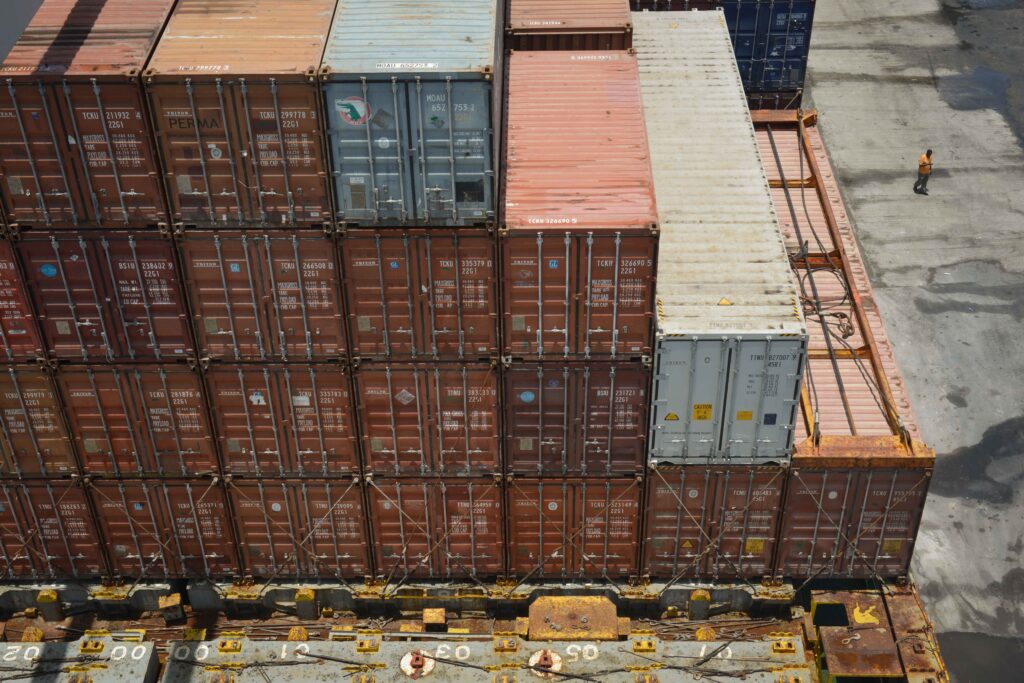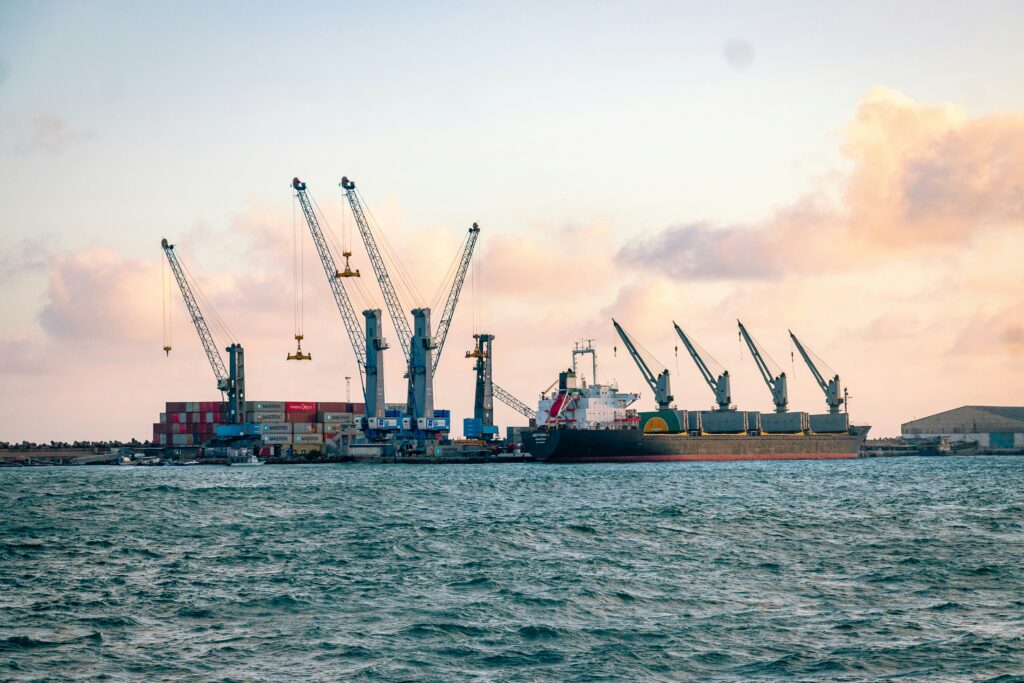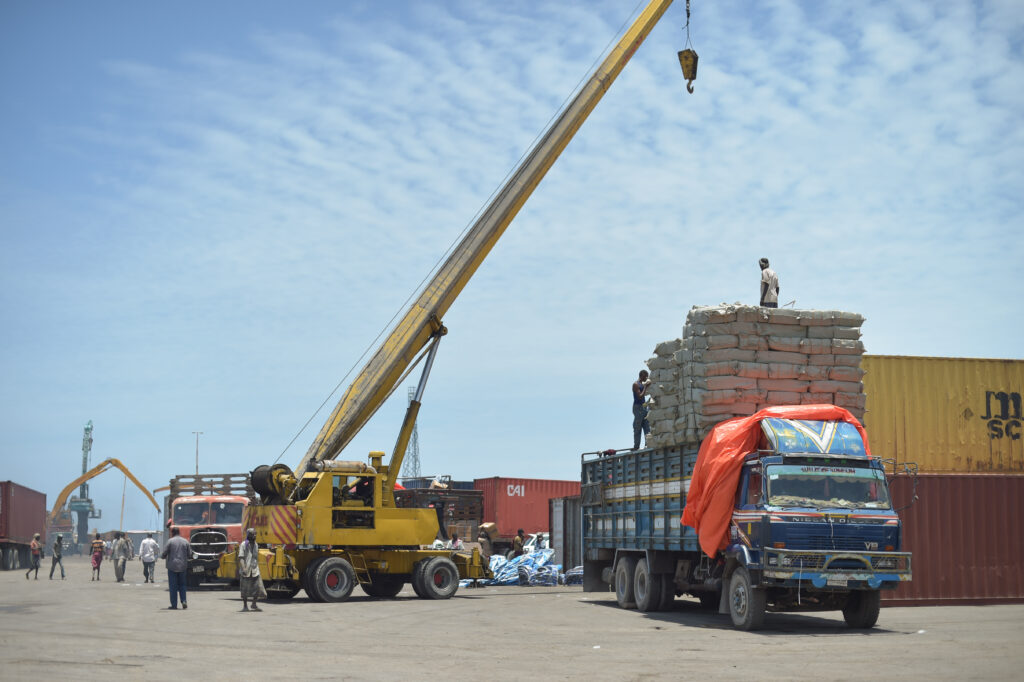Marked by mass killings and institutionalised oppression of minorities and women, Iran’s repression tests South Africa’s human rights commitment. Pretoria’s silence and strategic alignment risk undermining the universal promise of international law.
The promise of international human rights law rests on a simple but profound premise: that rights are universal, not contingent. They do not depend on geography, alliance or political convenience. They bind states equally.
When that universality is applied selectively, condemning some violations while sidestepping others, it does more than betray this basic premise. It risks undermining the system entirely. Iran’s ongoing repression, and South Africa’s response to it, expose precisely that fragility.
In January 2026, the Iranian state once again drew international attention through its response to dissent, engaging in unlawful lethal force against its people and reinforcing patterns of oppression that have long defined its mode of governance. The mass killings, executions and acts of civic repression that took place recently are not isolated incidents. They are the most recent manifestations of a system that has, for decades, relied on violence, exclusion and fear to maintain control.
To understand the present moment in Iran, it must be situated within a longer history of state-sanctioned oppression. Long before the current wave of protests, and both before and after the 1979 Revolution, entire communities were targeted not for what they did, but for who they were.
Religious minorities have faced sustained and institutionalised oppression. The Bahá’í community, for example, has endured decades of persecution, with members executed, imprisoned, denied access to higher education, excluded from professions, and cemeteries bulldozed. Amid the current unrest, Bahá’ís have again been scapegoated and arrested.
Yet repression has not been confined to one group. Christian converts have been prosecuted on vague national security charges and treated as apostates, reflecting a broader system that regulates belief.
This machinery of control extends beyond religion. Consensual same-sex relations remain criminalised and can attract the death penalty. More broadly, Iran’s expanding and accelerating use of the death penalty, following proceedings that fail to meet basic fair-trial guarantees, has been repeatedly condemned by the United Nations (UN) Special Rapporteur on the situation of human rights in Iran.
Against this backdrop, contemporary repression, including the killings of January 2026, should be understood not as a departure, but as continuity. The Women, Life, Freedom movement that emerged after the death of Mahsa Amini in September 2022, initiated and driven by women, did not introduce Iranian repression; it exposed it. By placing women’s bodies, autonomy and dignity at the centre of public protest, the movement exposed how deeply gender regulation is embedded in state practice. Investigations have documented the deliberate targeting of protesters’ faces and eyes with pellet guns, leaving many women permanently blinded.
Importantly, these violations have been extensively documented. UN mechanisms, including special rapporteurs and human rights monitoring bodies, have repeatedly documented abuses in Iran. Yet institutional condemnation has not translated into sustained political pressure or effective accountability proportionate to the scale and duration of harm. The mass killings of January 2026, like decades-long marginalisation of entire communities, are being absorbed into geopolitical narratives rather than discussed as human rights violations.
Striking dissonance
It is here that South Africa’s posture is telling. A country whose constitutional order is rooted in the rejection of institutionalised oppression has chosen caution over clarity. With the exception of a single formal statement calling for restraint, there’s silence. South Africa abstained from a recent UN Human Rights Council resolution condemning Iran’s violent repression of protesters and calling for an investigation into the regime’s actions, despite ongoing reports of mass arrests and killings. That abstention was a deliberate political choice.
Silence, however, has not meant disengagement. Even as it abstains from explicit condemnation in international forums, South Africa has continued forms of symbolic and diplomatic alignment. In 2025, the chief of the South African National Defence Force visited Iran and met senior military officials. He declared that South Africa and Iran have “common goals” and emphasised solidarity with “the oppressed and defenceless people of the world”, remarks that sparked political controversy at home.
Earlier this year, South Africa hosted the multinational exercise Will for Peace 2026 in Simon’s Town. The participation of Iranian naval vessels raised legitimate concern about the political message such engagement conveys. The timing of that participation, amid the ongoing crackdowns and civilian deaths, rendered the symbolism of military cooperation difficult to reconcile with South Africa’s stated commitment to human rights. Domestically, an inquiry has since been announced to establish why Iranian warships were permitted to participate.
Further still, recently the minister in the presidency for women, youth and persons with disabilities addressed a commemoration of the 47th anniversary of Iran’s Islamic Revolution, praising enduring bilateral ties and shared values at a moment when the death toll from Iran’s crackdown was mounting. That same address invoked the bravery of South African women who marched to the Union Buildings in 1956; women who risked their lives by publicly opposing state-sponsored racial and gendered oppression.
To mark the anniversary of a regime that has, for decades, systematically oppressed and killed women, while invoking South Africa’s own feminist struggle, lays bare a striking dissonance between historical memory and present human rights abuses, and an abandonment of the very principles on which South Africa’s democracy is based.
Moral inconsistency
International human rights law functions through state practice and the expectation that violations will be met with a clear response. When states abstain in the face of documented mass repression, or privilege strategic alignment over accountability, that expectation is diluted. Over time, such selectivity reshapes the boundaries of what is treated as tolerable.
The international system is not unaware. Mechanisms exist. Reports are issued. Yet recognition has not translated into proportional political consequence. This is not a failure of information. It is a failure of will. The problem is not ignorance but selectivity. Selectivity in condemnation is a structural threat to universality. When outrage is calibrated to alliance, the promise of equal protection under international law collapses into political discretion.
The result is a moral inconsistency. For those living under repression in places the world chooses not to prioritise, or those who belong to a particular social group, the message is unmistakable: your suffering is tragic, but not urgent; documented but not actionable. Your dead do not trigger emergency summits. Your slow erasure does not demand reckoning.
This selectivity carries real consequences. It undermines the credibility of international human rights law, which rests on the promise that rights are universal and indivisible. It signals to states that repression will be tolerated if strategically convenient.
If human rights are to mean anything beyond rhetoric, they cannot be applied and protected selectively. It cannot depend on geography, gender, religion or convenience. A world that condemns some atrocities while absorbing others into silence is not a world committed to human rights. It is a world managing its conscience.
Human rights were never meant to be negotiable. They were meant to protect life, dignity and belief itself. The people being killed in Iran today, and those who have been quietly imprisoned, tortured and killed for decades, deserve more than short-term concern and cautious language.
For South Africa in particular, this moment calls for clarity. At great cost, the lessons of apartheid have been forged into a moral and constitutional mandate; one that, if exercised with consistency and courage, could position South Africa as a principled voice for human rights beyond its borders. It requires pressure on allies as well as adversaries, and to place human rights above geopolitical benefit. At a minimum, it requires explicit and principled condemnation of the killing of civilians, consistent engagement through human rights mechanisms and a refusal to allow geopolitical alignment to eclipse fundamental rights.
Iran is an immediate test of whether South Africa will act in accordance with its own constitutional inheritance. DM
Dr Anisa Mahmoudi is a postdoctoral fellow at the HF Oppenheimer Chair in Human Rights at Stellenbosch University.
Article first appeared in Daily Maverick.
Photo by Nathan Dumlao on Unsplash.












